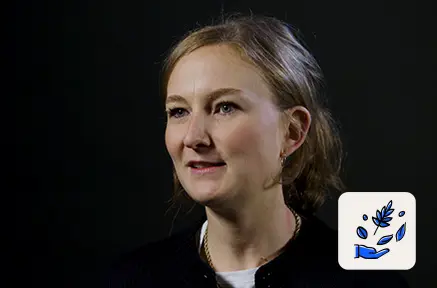Our climate, health and food systems are inextricably linked.
Food systems account for 30% of the world’s greenhouse gas emissions and are linked to extensive soil degradation and biodiversity loss, water and air pollution, and the rise of antimicrobial resistance and infectious diseases. These factors all have serious implications for human and planetary health.
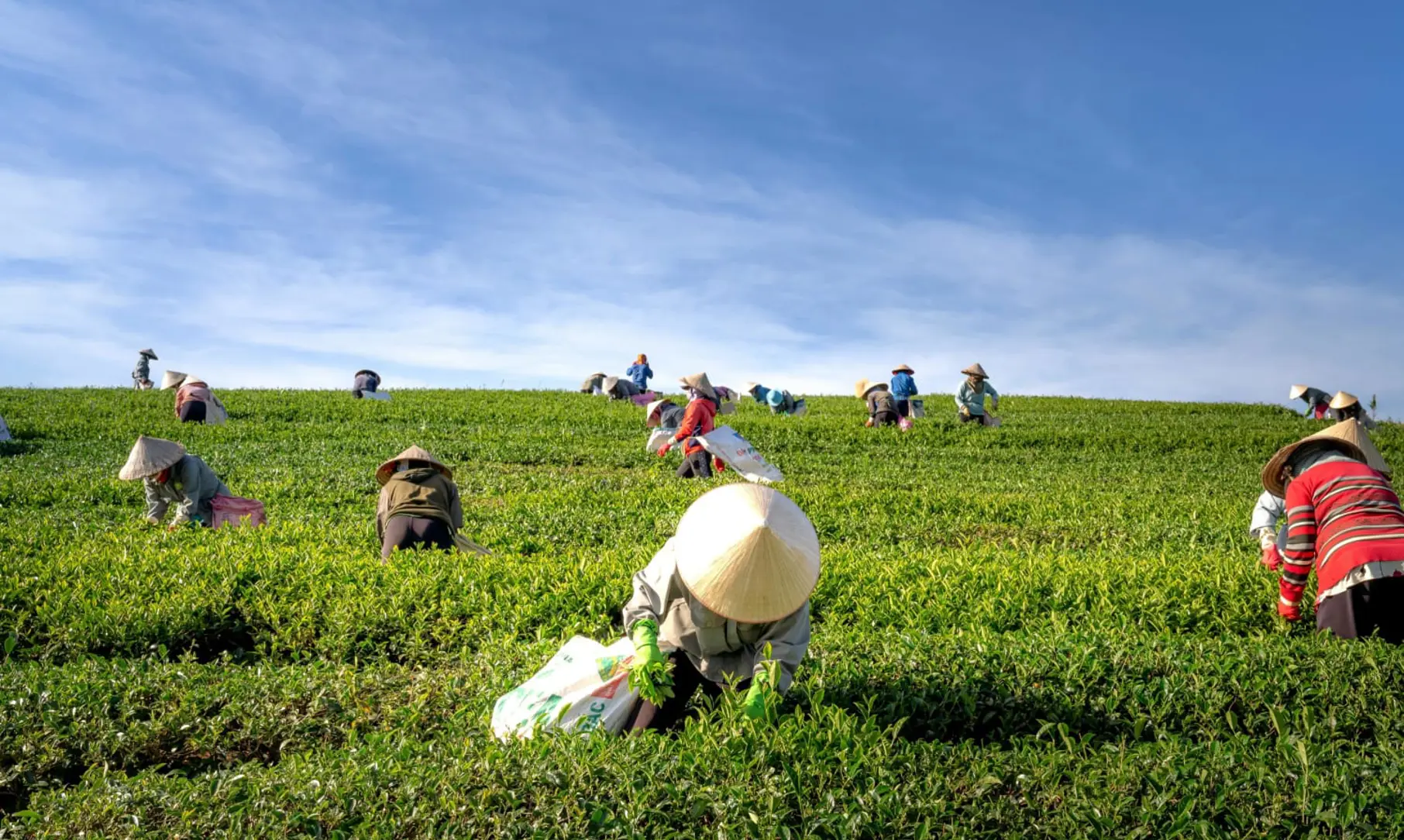
Businesses across the food, drink and agriculture sector have a crucial role to play in developing and delivering positive, integrated solutions for climate and health. With supply chains deeply connected to agricultural production, strong relationships with farmers and producers, and brands that influence millions of consumers, they are uniquely positioned to drive change. This toolkit contains practical information, resources and key activities to guide and support your business in driving solutions.
About this toolkit
This toolkit offers resources to equip organisations across the food, drink and agriculture sector —including retailers, producers and manufacturers, agricultural businesses and packaging and logistics companies—to address the urgent and interconnected climate and health crisis. It is intended for senior leadership and decision-makers, sustainability and procurement teams, policy and external affairs teams, research and development professionals, and communications teams.
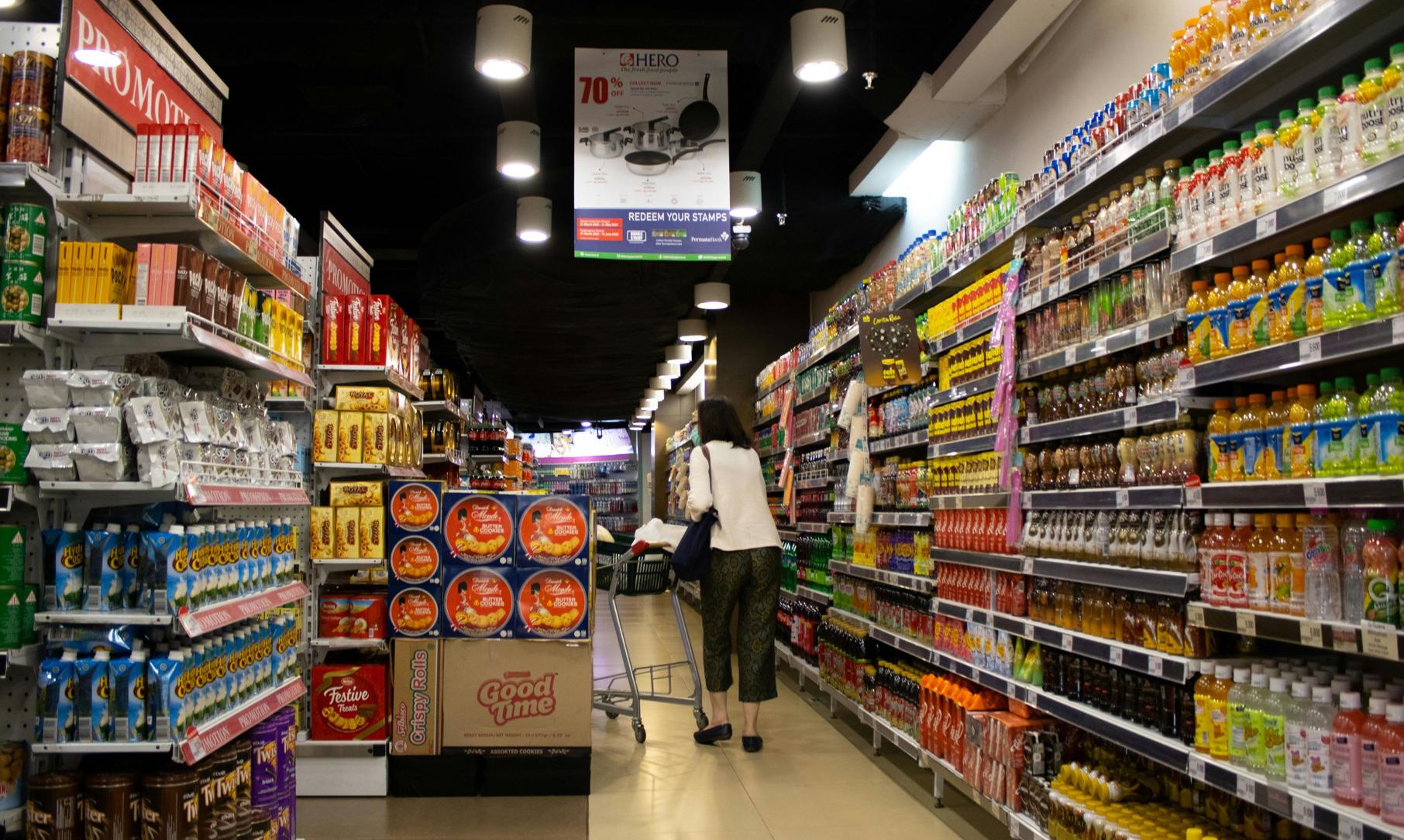
Whether your business is just starting out on your climate and health journey, or you are looking for ways to accelerate existing action, this toolkit offers practical guidance, inspiration and case studies for taking integrated climate and health action that is critical for people and the planet. The actions suggested here are based on the experiences of Climate and Health Coalition partners as well as case studies from other organisations. No one company is active in all the areas covered in the toolkit, and activities have been implemented by different partners in different ways, reflecting their operating context.
How to use this toolkit?
The Climate and Health Toolkit for Food Businesses contains seven interrelated modules. We recommend starting with the Assessment: Understanding Your Organisational Starting Point before diving into the toolkit, as your results will help guide your experience and help you focus throughout the toolkit content. We also offer a suggested order in which you read through the toolkit, outlined below. However, if you are drawn to one section in particular, please feel free to jump around as the individual modules also stand on their own.
1. Assessment: Understanding your Organisational Starting Point
An assessment to consider where your organisation is on its climate and health journey. Your results—Starting Out, Mid-Level, or Mature State—will help guide you to the most relevant information throughout the toolkit.
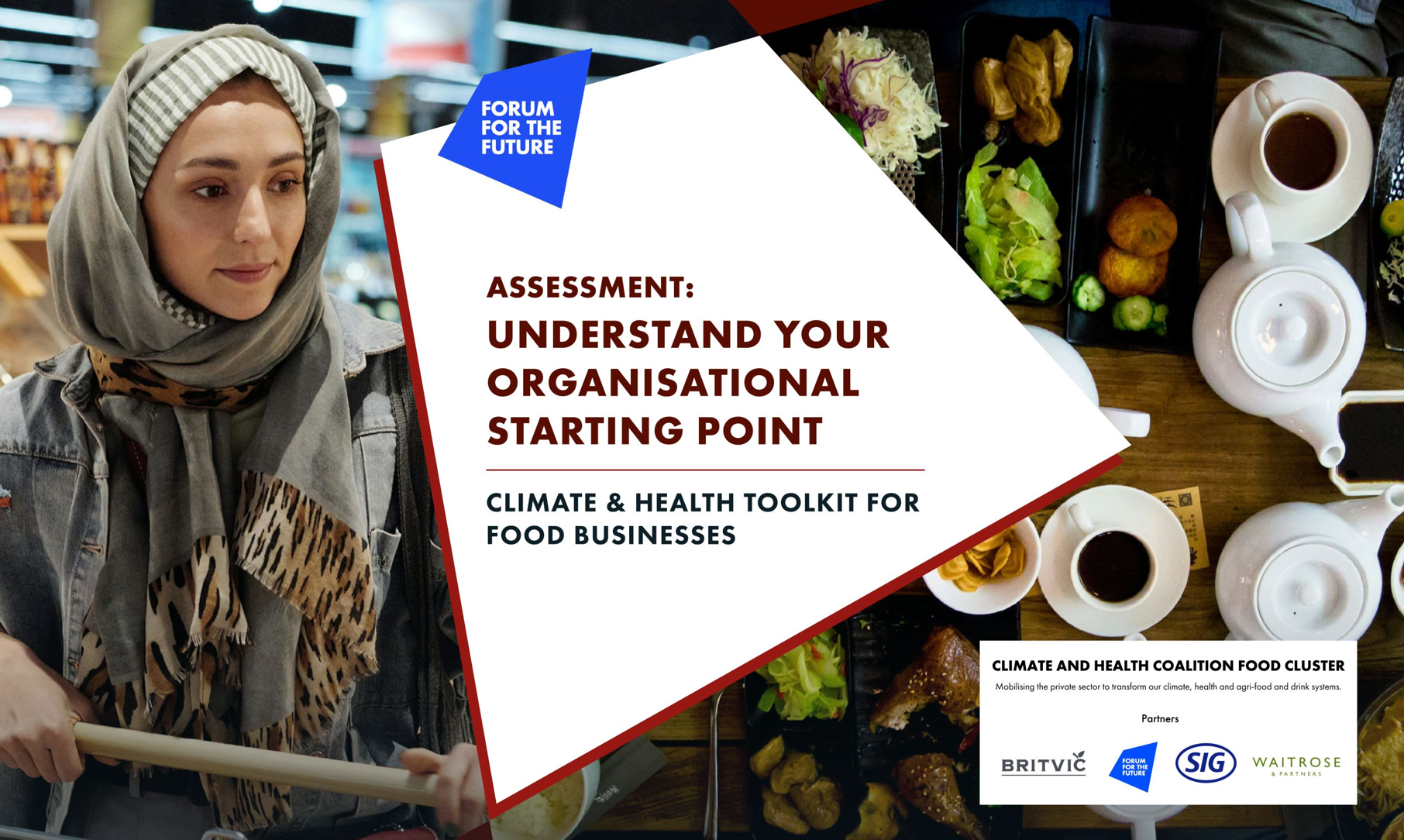
2. Exploring the Business Case: Why Act at the Intersection of Climate, Health and Food?
The case for action to integrate strategies around climate, health and food into corporate strategies. This module provides context and data about this intersection, demonstrates why integrated action is critical and helps make the case internally to align on action and investment areas.
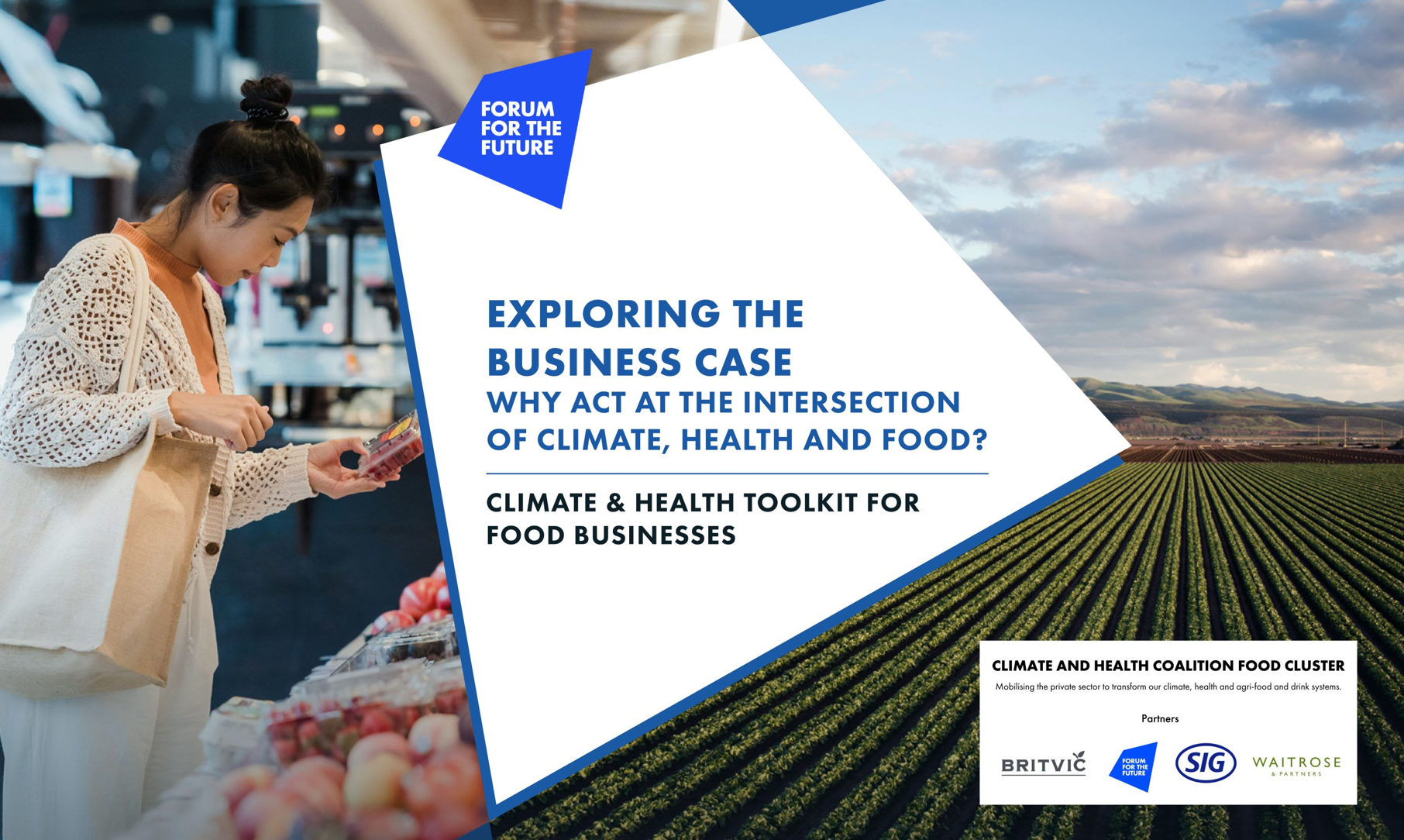
3. Practical Guidance Across Spheres of Influence: Actions to Start or Accelerate Your Journey
This module provides recommendations and inspiration for how your organisation can address the interconnected issues of climate, health, and our food and agriculture systems. It includes practical guidance tailored for organisations at different stages: those just starting their climate and health journey, as well as strategies for mid-level or mature organisations looking to accelerate their efforts.
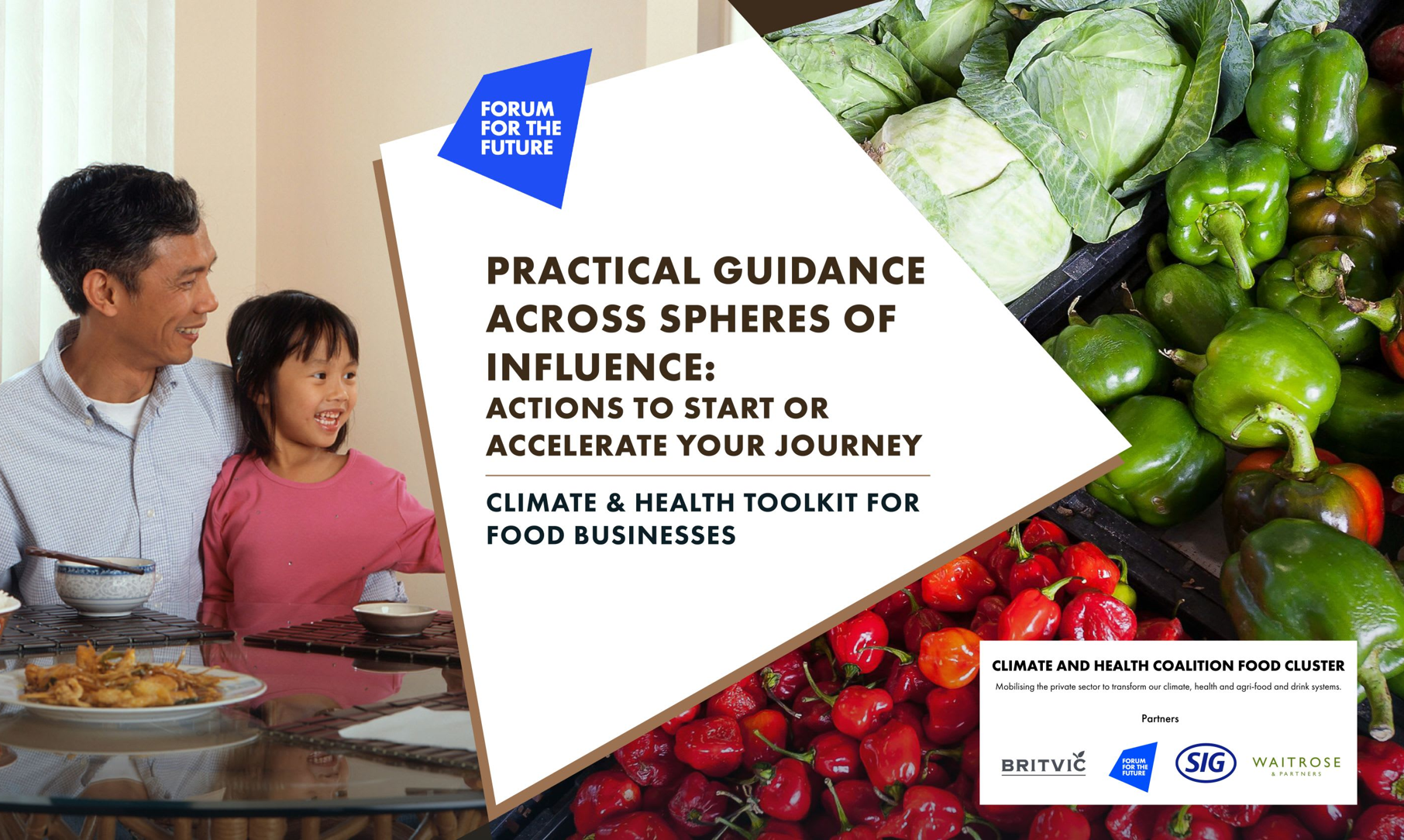
4. Strategic Action Mapping and Visioning Workshop
This module provides a workshop structure and facilitators agenda to guide you and your teams through:
-
Mapping activities you are currently undertaking at the intersection of climate, health and food
-
Identifying challenges and enablers for action
-
Envisioning future goals that can drive change within your organisation, for your customers and key stakeholders
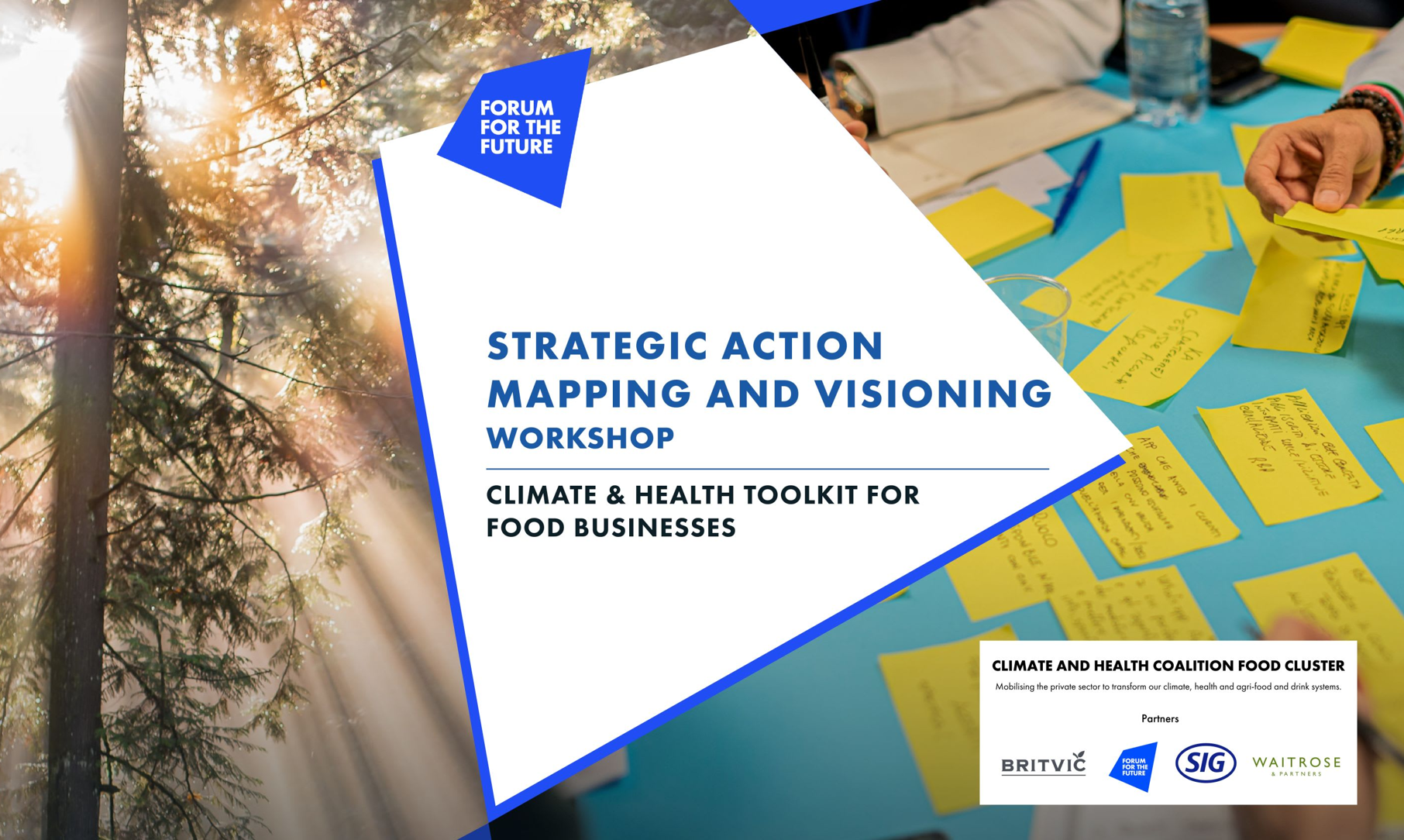
5. Visionary Leadership Towards Climate and Health
This leadership tool is for Executive Teams and Boards, and mid-senior business leaders, with complementary practical exercises for businesses looking to start or expedite their visionary leadership journey to accelerate the integrated transformation of our climate, health and food and agriculture systems.
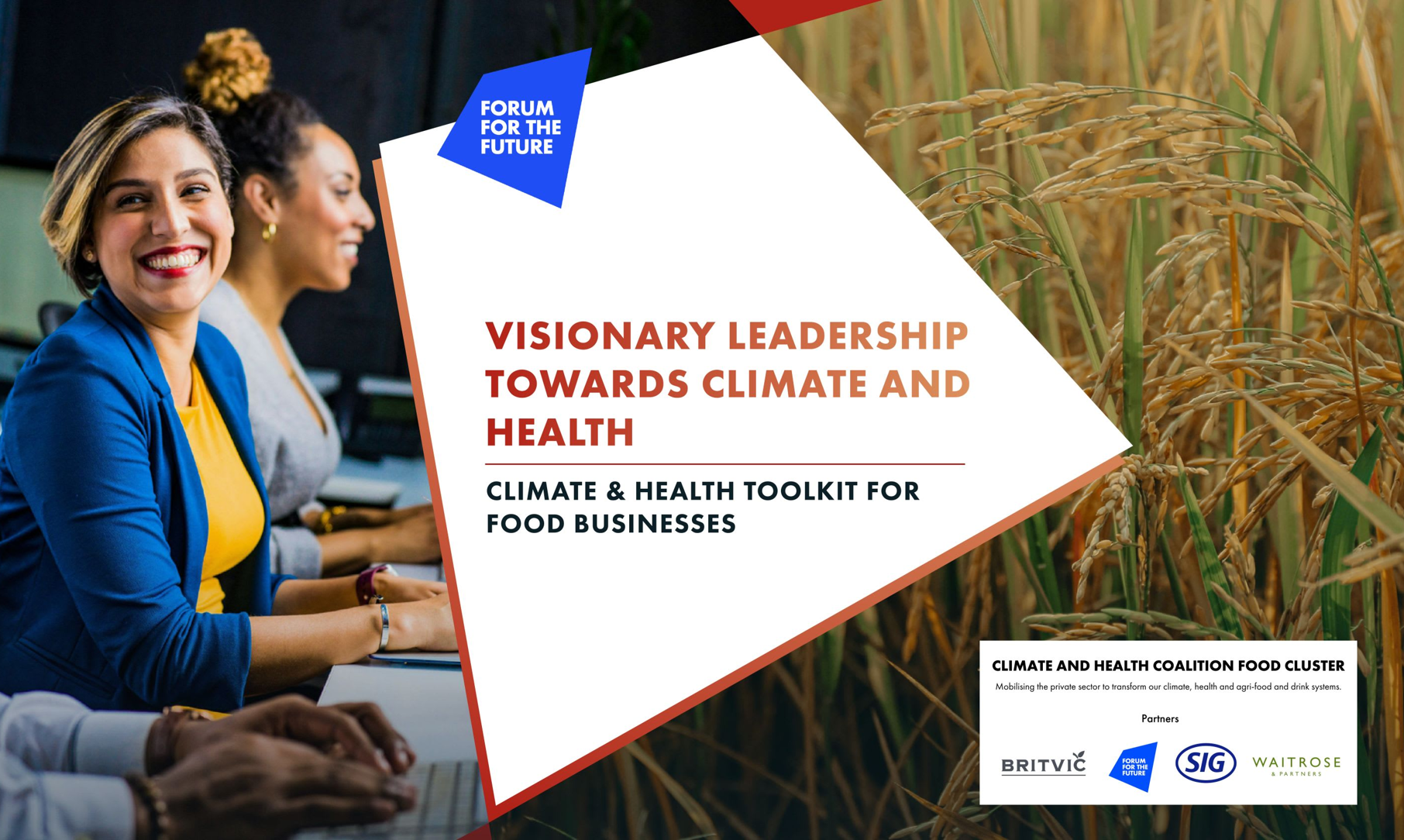
6. Powering-up Partnerships: Transforming Food & Beverage Value Chains for People and Planet
Actionable ideas, insights and instruments to collaborate with key stakeholders across the value chain to enable collective action which supports greater resilience, equity and environmental and health outcomes in the industry.
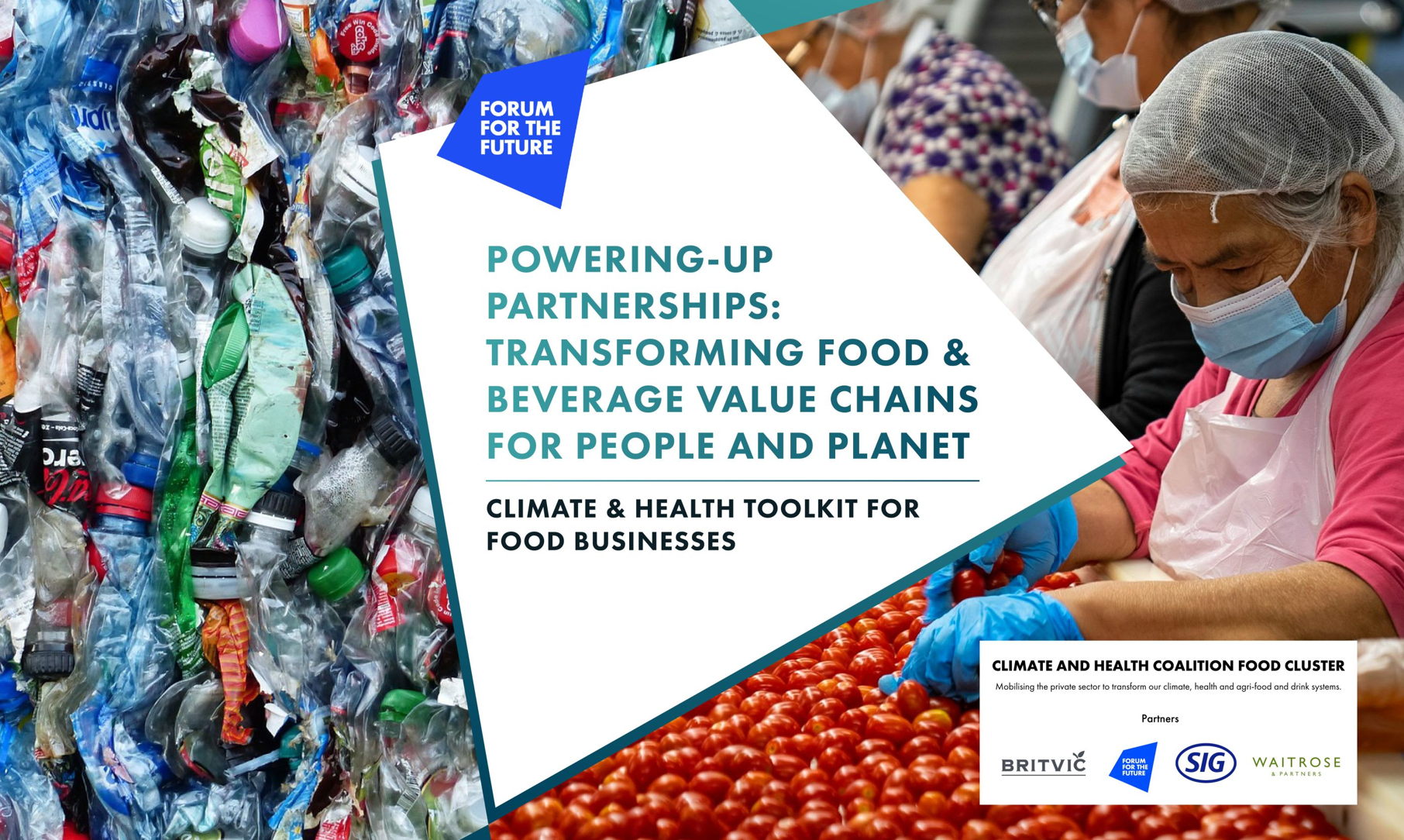
7. Case Studies: Bringing to Life Private Sector Action on Climate and Health
This module contains additional case studies designed to inspire and help bring to life what business-led action can look like, and the types of moves a business in the food, drink and agriculture sector might take to implement climate and health approaches.
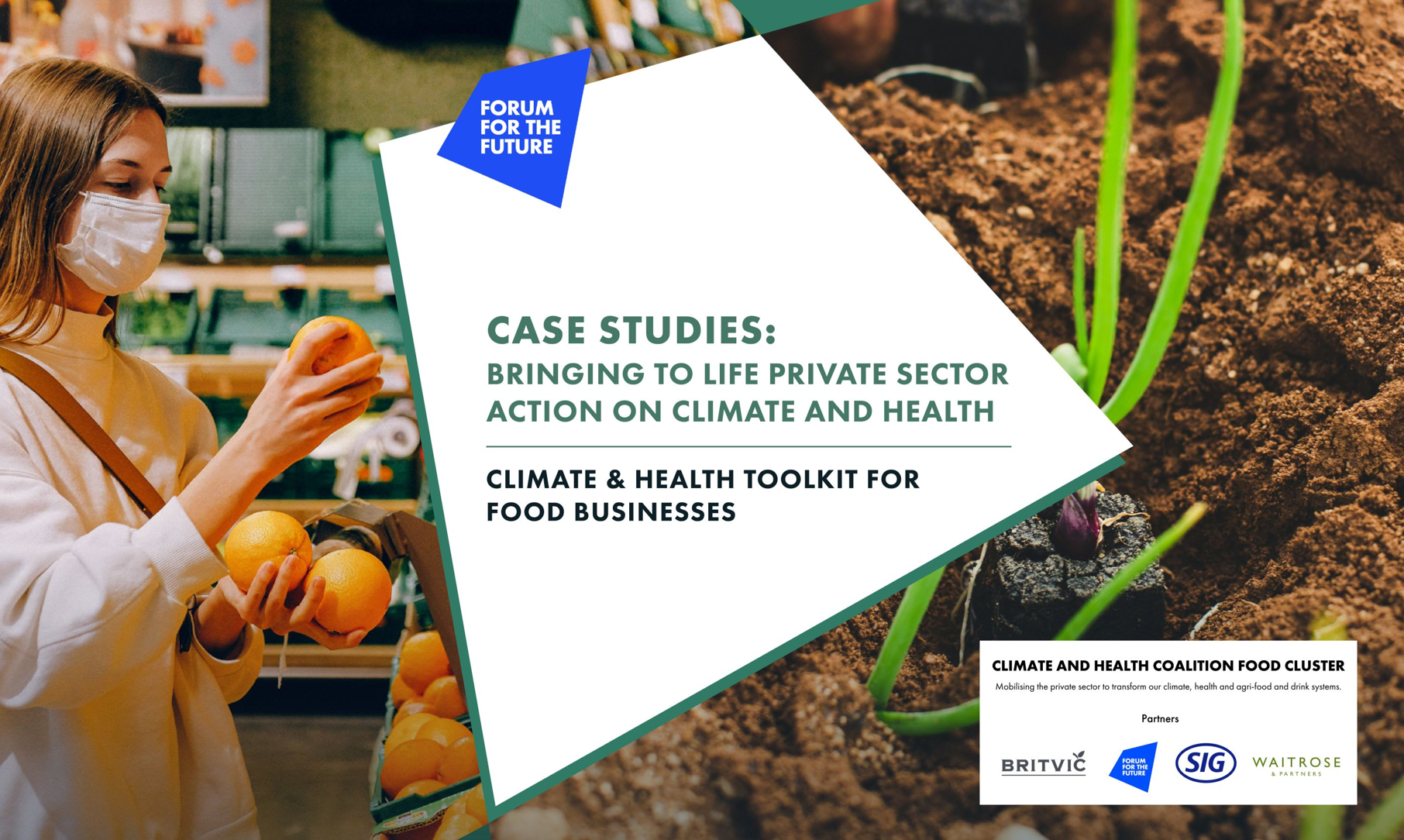
- novembro 19, 2024

Industry 4.0: How data analytics drives efficiency in food & beverage
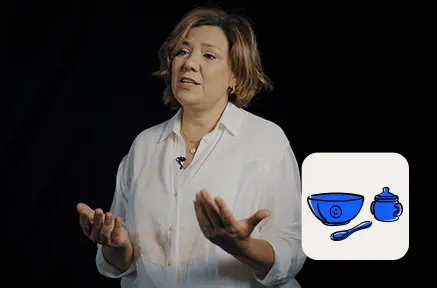
Expert take: what makes baby food unique
